Friday’s market close saw key indexes once again fall precipitously over rising concerns about tariffs and consumer sentiment. As markets continue to vacillate wildly in a shifting government policy outlook, consumers appear to be spooked as well. That volatility can harm all types of investors, but especially those at or near retirement. Many advisors, then, may want to look to ETFs. Specifically labeled volatility ETFs have their role to play, but when seeking ETFs to limit volatility, it pays not to ignore active.
See more: Active ETF Specialist T. Rowe Price Adds 2 New Active Funds
Why consider active ETFs to limit volatility as opposed to funds that just track an index like the VIX? VIX ETFs may appeal in the heat of the moment as volatility spikes, but for most investors, holding it for such funds for even a moderate amount of time may see them lose assets on net. Active ETFs, by contrast, have done well over both long- and short-term periods.
Looking long term, active ETFs can compound advantages over time to deliver strong returns. Active funds can lean on fundamental research to identify strong contenders. By relying on bottom-up portfolio construction, actively managed portfolios can include durable names poised to outperform amid difficult times.
In the shorter term, active funds in fixed income and equities can make meaningful changes as needed that passive funds largely can’t. In fixed income, for example, active management can help a strategy actually stick to its intended maturity or credit quality weights. Passive bond funds, by contrast, struggle amid volatility as bonds are called early or firms can’t repay their debts.
In equities, active ETFs help to limit short-run volatility by adding income to portfolios, for example. Overall, active management can help funds avoid particular sectors if they struggle more than others in a sell-off.
Taken together, active ETFs could be worth considering as a satellite boost to either equity or bond allocations. T. Rowe Price provides a variety of ETFs to limit volatility, such as the T. Rowe Price Equity Income ETF (TEQI).The fund charges a 54 basis point fee to actively invest in undervalued firms that can also help provide a high level of current income.
For more news, information, and strategy, visit the Active ETF Channel.
Financial Market Newsflash
No financial news published today. Check back later.




